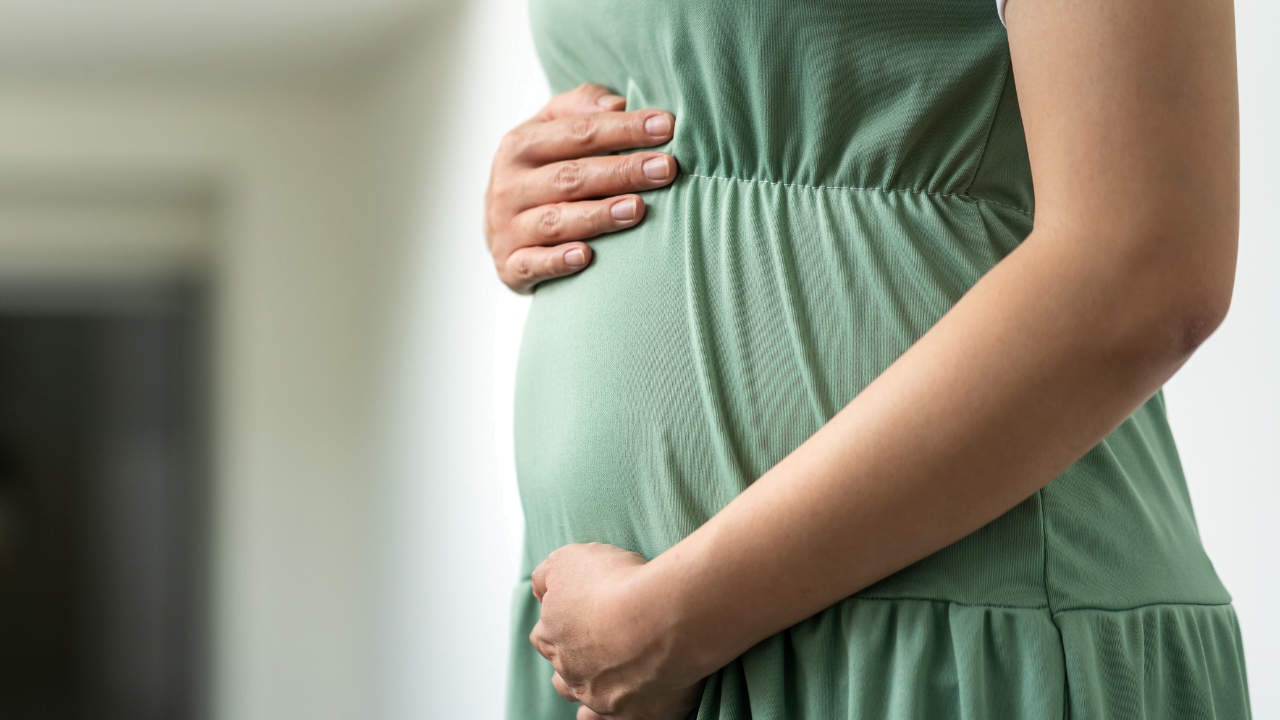Victoria Coble, 39, of Greensboro, North Carolina, was 4 months pregnant when she started having symptoms of COVID-19. Things got much worse with the birth of her son, including intense anxiety, depression, and trouble concentrating, which expanded into nausea, chest pain, post-exertional malaise (PEM), and more.
revention is better than cure—protect your health this season.
Health Expert
At first, she had trouble disentangling her pregnancy and postpartum symptoms with symptoms that are common with long COVID. “At the time, I confused all of it with postpartum depression,” Coble said. But 4 years later, the mother of two is still struggling just to get through the day.
Experts say pregnant women are diagnosed with long COVID in higher numbers than previously thought, although little historical data exist, and their symptoms are often misinterpreted for the normal signs of pregnancy. All of it makes motherhood and starting or expanding a family more difficult.
While it’s hard to separate symptoms of pregnancy from long COVID, one of the key distinguishing factors is symptom persistence, said Ziyad Al-Aly, MD, a global expert of long COVID and chief of research and development at the Veterans Affairs St. Louis Health Care System, St. Louis, Missouri.
“Pregnancy symptoms eventually cycle out versus the fatigue with long COVID and post-exertional malaise, which often lingers,” said Al-Aly.
Pregnant women with long COVID are an understudied patient population. How often they get the disease and how it affects their pregnancy and their children were largely unknown until recently. But new research is beginning to unravel a mystery nearly 5 years in the making. Experts want to better understand how developing long COVID during pregnancy affects both mother and child and how new moms can care for their children while grappling with this debilitating disease.
